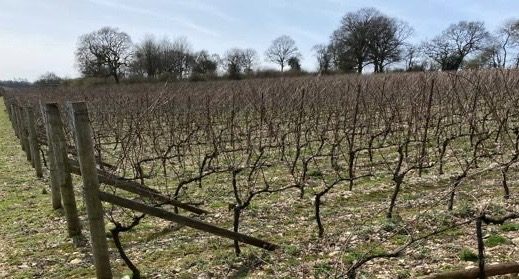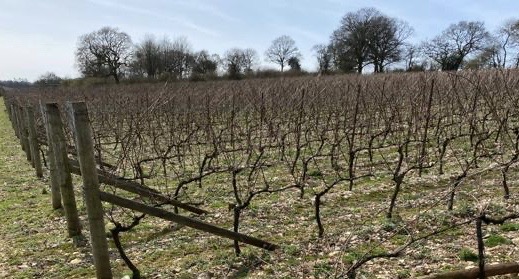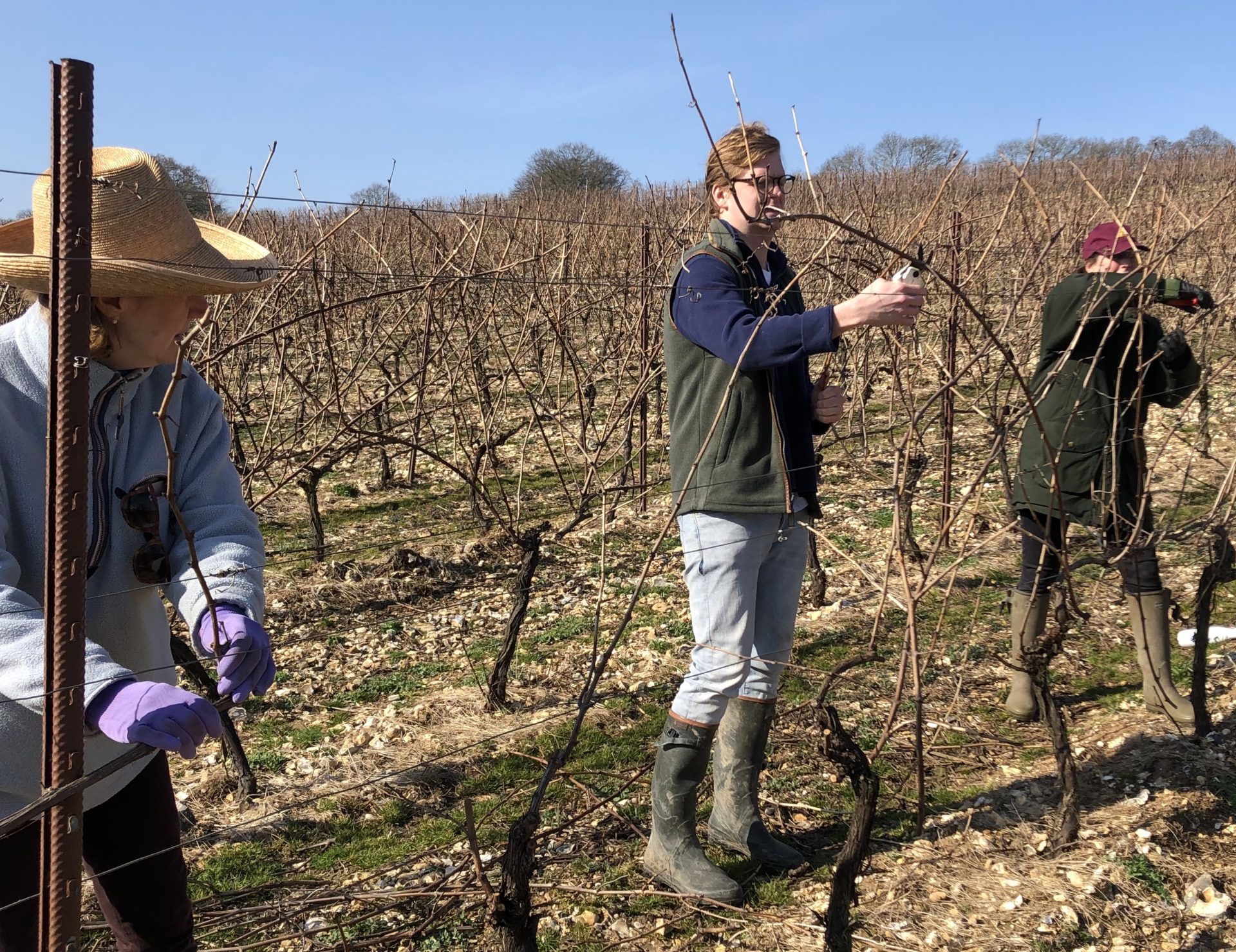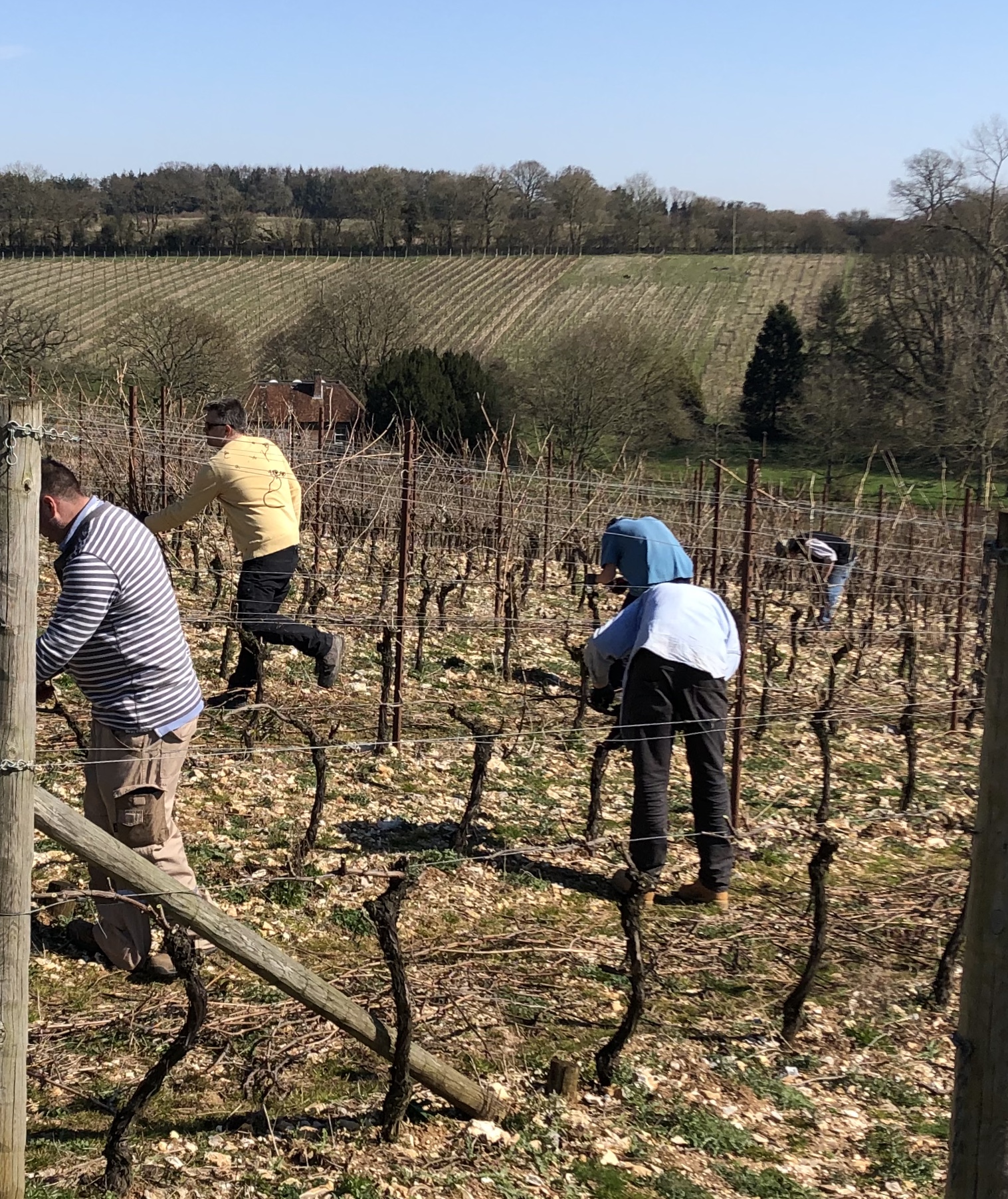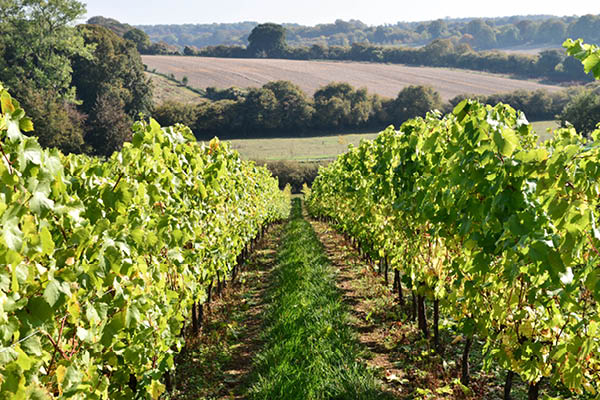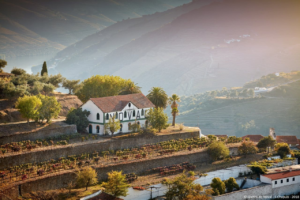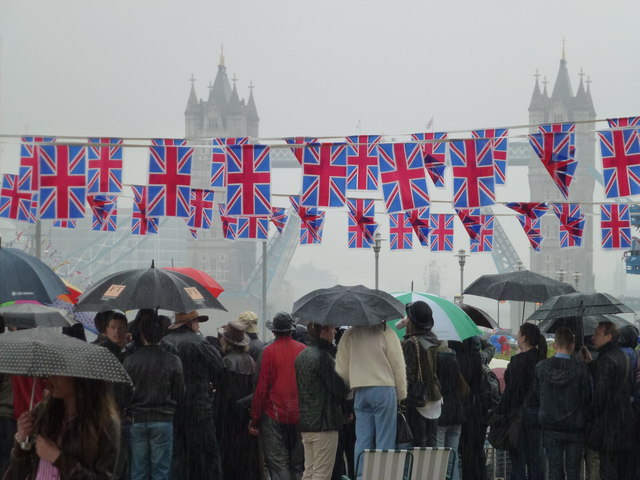Vineyards and Coronavirus

Rosie describes herself on her twitter page as a “Proud Northern Girl”, but this tells only half the story.
She is also a senior nurse on a COVID 19 ITU ward at University College Hospital London.
Rosie approaches us out of the blue (as angels do) for some sponsorship of the UCHL nurses, having tasted Coates & Seely wines with her family in happier times.
We respond positively and deliver our contribution to her flat in Bethnal Green.
It’s five weeks into lockdown when we do, and she has just finished a 13 hour shift at the end of a 70 hour working week, but she’s still smiling. She’s been unable to see any of her family, whom she’s missing badly, for many weeks now, yet she radiates good humour.
We offer to help her carry the heavy boxes of Coates & Seely we have brought with us up the long flight of stairs to her flat, but despite her exhaustion she insists on doing it herself, conscious of the hazard to us.
Always thinking of others.
With her best friend, Jenny, another senior nurse on the ward, they started a campaign called Kindness a few weeks ago.
It’s a campaign that does what it says.
Initially contrived to source cosmetics for nurses whose faces are raw after 13 hours under face-masks, the campaign has since broadened rapidly.
‘Cowshed’ provided the first face-creams and hand lotions but numerous firms, in response to the nurses’ gentle campaign, have since chipped in.

‘Itsu’ now provide daily sustenance, ‘Ferrero Rocher’ chocolates, ‘Camden Brewery’ beer and ‘Roberts Radios’ a soothing voice from the outside world, to name just a few.
As the goods flood in, Rosie and Jenny spend what little time they have off dispensing them across the huge ITU nursing staff at UCHL.
This is a time-consuming logistical task in itself, but it raises morale and brings some much-needed light into the frequent darkness of their working lives.
Rosie says it’s worth all the extra work just to see the smiles on the nurses’ faces. Many of them, particularly the younger ones, are fearful and lonely.

If anyone wishes to contribute items to their Kindness campaign, Rosie can be contacted on Rosalind.edwards2@nhs.net or tweeted on @rosebud2605.
They will be as grateful as they are giving.
Nearer to home, we deliver the rest of our charitable budget to the equally wonderful ITU nurses at Basingstoke and North Hampshire Hospital, each of them exposed to the same hardships of combatting COVID 19, which they do on all of our behalves.


May God bless them all.
(to be continued….)
